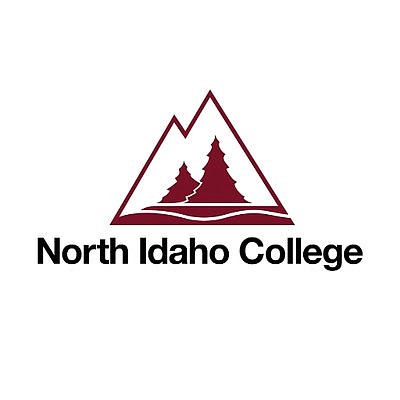Indoctrination narrative unsubstantiated
COEUR d’ALENE — Claims shared by two candidates for the North Idaho College Board of Trustees that an instructor forced students to write a pro-abortion essay appear to be false.
Ron Hartman and Mike Waggoner, who are running in zones 1 and 5, have campaigned in part on concerns about “indoctrination” on campus.
The candidates have produced no proof to verify recent claims that an unidentified NIC instructor assigned a pro-abortion essay.
“There is no evidence that an assignment was given by an instructor that required students to write about the specific controversial topic,” said Laura Rumpler, NIC’s chief communications officer.
An instructor did, however, require students to analyze an essay of their choosing, and one student chose to analyze an essay titled "How Abortion Saves Lives," Rumpler said.
“Students are often given writing assignments where the students choose a topic,” Rumpler said. “North Idaho College supports academic freedom which gives both students and faculty the right to study, do research and write on the topics they choose, and to draw what conclusions they find consistent with their research.”
Waggoner and Hartman have made the opposite assertion.
In a speech at the Kootenai County Republican Women Federated’s Oct. 10 luncheon, Hartman said an unnamed NIC instructor had required students to write an essay on “how abortion saves lives” in order to pass the class.
“This is indoctrination,” Hartman said. “This is what has to be written into the policies — the Christian family values.”
Hartman promised that the unnamed instructor “will be addressed” if he’s elected.
He repeated the claim Oct. 12, on the Idaho Speaks podcast.
The next day, Waggoner shared the same rumor, also on the Idaho Speaks podcast.
“Someone had a paper they had to write on how abortion saves lives,” he said.
When contacted by The Press, Waggoner declined to identify the class or instructor, explain how he learned about the rumor or provide any documentation of the assignment, such as a syllabus or essay prompt.
“This information is from a confidential source and I can’t reveal it,” Waggoner told The Press via email.
Hartman did not respond to a Press request for comment.
Trustees Todd Banducci and Greg McKenzie have publicly endorsed Waggoner and Hartman, as well as Zone 2 candidate Diana Sheridan, who has shared similar assertions that students are being “indoctrinated” into a certain way of thinking.
“I have had so many students, current and former, talk to me about different assignments where they were required to address and speak to a specific ideology,” she said Oct. 9 on the Idaho Speaks podcast. “If they chose to take a different stance than what the ideology was, they got an F.”
Sheridan did not specify what ideology was being taught or provide any details about the assignments.
NIC Interim Provost Lloyd Duman said many NIC instructors, especially those who teach English or humanities, tend to give open-ended assignments more concerned with the process or skill being taught than the topic.
“A lot of instructors don’t actually assign the topic,” Duman said. “They give the assignment and the students generate their own topics.”
For example, an instructor might task students with writing a persuasive essay but allow the students to choose what to write about.
Students have options if they feel uncomfortable with an assignment.
The first step is for the student to share any concerns with the instructor to clarify the assignment and find a solution. The vast majority of concerns are resolved at that stage, Duman said.
If not, the student can take up the matter with the division chair, who will work together with the student and instructor to find a way to resolve the concern.
“Usually, they can come to an understanding on how to solve the issue,” Duman said.
Students who are still unsatisfied can go to the dean and then the provost. Very few cases go that far, Duman said, because resolutions are usually found at earlier stages.
Not all student concerns can be fully resolved, Duman noted, as alternative assignments or materials are not always possible. For skill-based courses, such as welding, nursing and labs, alternative solutions are less negotiable because the student has to demonstrate a specific skill to meet the course outcome.
NIC’s academic freedom policy states that instructors have the freedom to choose “appropriate pedagogical methods,” within recognized professional standards.
Instructors are free to present and discuss controversial or unpopular ideas, as long as they are related to the subject matter and are within the limits of the law and not prohibited by NIC’s policies.
The same policy recognizes that students have the freedom to conduct research or do creative work on subjects of their own choice. Students also have the freedom to create controversial or unpopular works of scholarship.
“If a community member has concerns about the rights of students being violated, we invite them to share detailed information so that we can take appropriate action,” Rumpler said.







